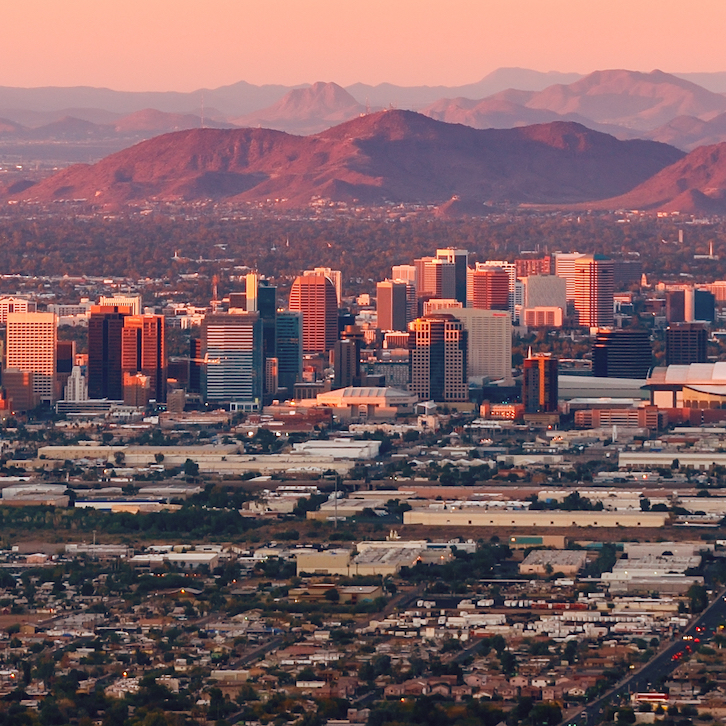Overactive Bladder (OAB)
Overactive bladder is a generalized term that consists of a variety of urinary symptoms including frequency, urgency, incontinence, and nocturia. It happens in both women and men and the statistics say that up to 40% of women and 30% of men live with these types of symptoms. In men, OAB can be associated with BPH and prostate issues or can be on its own. In women, OAB can be associated with cystocele (fallen bladder) or hormonal changes.
OAB can sometimes be confused with other conditions that may be more serious, so it’s important to be evaluated by your doctor or urologist is you have these symptoms. Other causes of symptoms that may seem like OAB are kidney stones, UTI, bladder cancer, urethral strictures, or even just what you eat and drink.
Symptoms:
- Urgency to urinate
- Frequency of urination
- Incontinence of urine
- Bladder spasms or discomfort
Risk Factors:
- Age (more common the older we get)
- Pregnancy
- Diet- caffeine, alcohol, spicy foods, not enough water (dehydration)
- Neuromuscular diseases- Multiple Sclerosis, Parkinson’s disease, Alzheimer’s dementia, history of stroke
- Low back pain/herniated discs
- Medications
- Constipation
Evaluation and Diagnosis:
Dr. Shaba will perform a few basic tests first and may proceed to further testing depending on those results or what your specific needs are. These may include:
- History and physical exam
- Urinalysis/urine culture- urine test to rule out infection or blood
- Bladder scan/post void residual- in office ultrasound to measure residual urine after voiding
- Cystoscopy- small camera placed into the bladder
- Urodynamics- electrical activity monitoring of the bladder
Treatment:
The treatment really depends on what is causing OAB. If there is a specific cause such as infection, stone, polyp, or stricture, then you will be treated for these conditions.
- Sometimes dietary or lifestyle changes are indicated. Medication changes can also help.
- Prescription medication- there are many medications that can slow down the bladder and improve OAB.
- Botox for the bladder- Botox works by paralyzing muscle. It can be injected in certain areas of the bladder to decrease urgency and increase the capacity of the bladder.
- Nerve stimulators
- Surgery
For more information visit: https://www.urologyhealth.org/urology-a-z/o/overactive-bladder-(oab)




